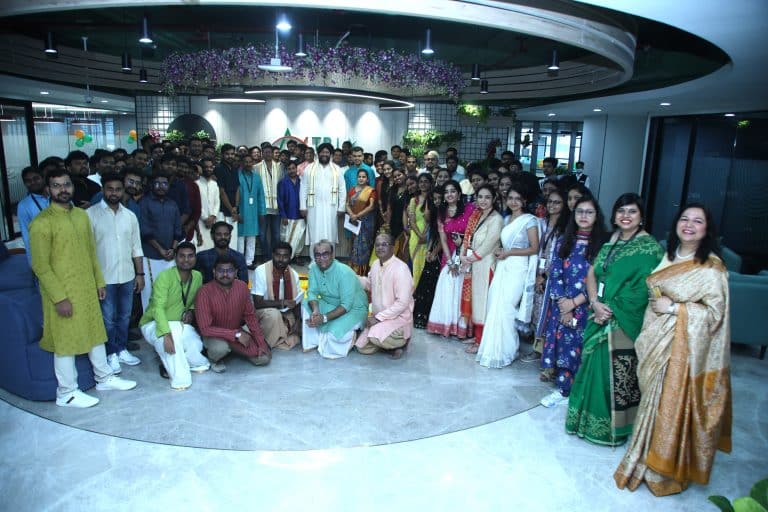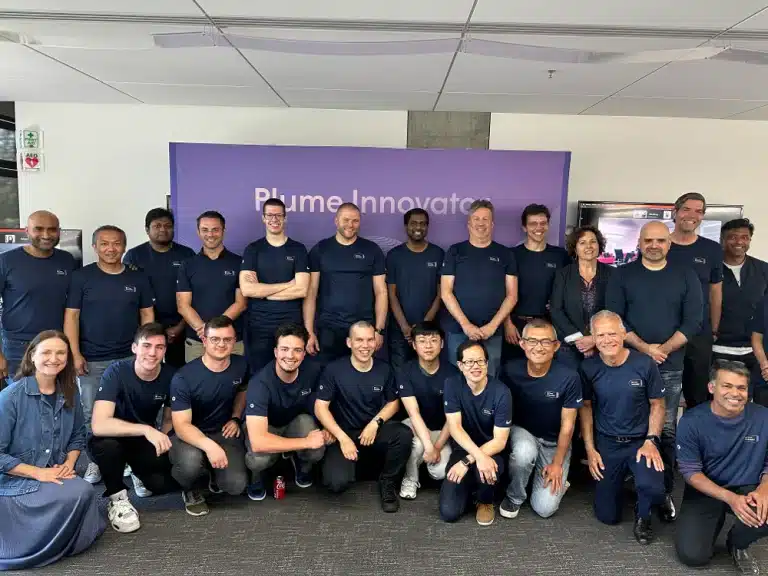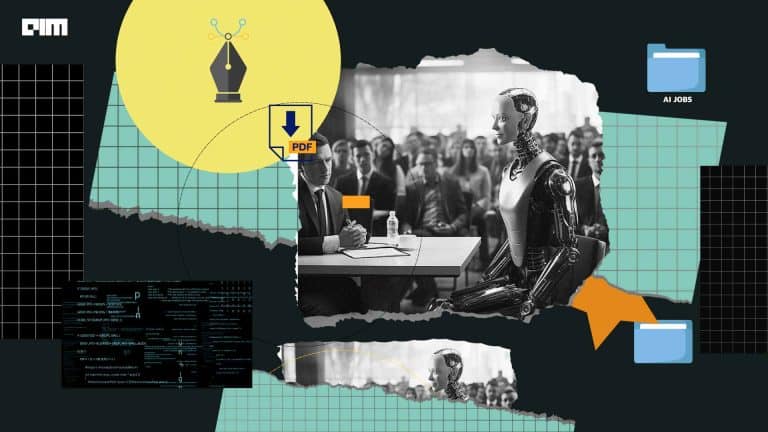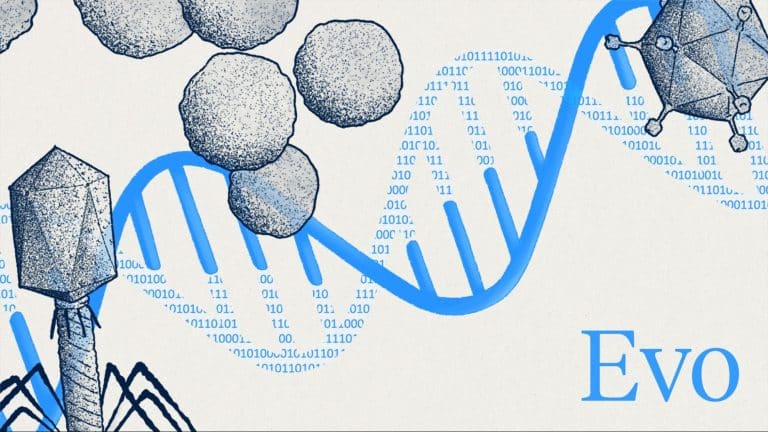With a decade’s experience in solving real-world problems using machine learning, neural networks, time series forecasting and NLP, Viraj Kulkarni leads the data science team at DeepTek to build deep learning models for radiology. Having co-founded CPC analytics and Algocraft as well as published various research papers on radiography and deep learning models, Viraj adds another feather to his cap by pursuing a doctorate focussing on implementing quantum computing to AI.
Analytics India Magazine gets in touch with Viraj as he narrates his vibrant journey through data science, machine learning and AI models.
AIM: How did you embark on this journey into data science? Where did it all start?
Viraj: I delved into topics based on pattern recognition in my undergrad, but my journey began during my post-graduation at Berkeley, where I started developing algorithms for NLP, understanding text, interpreting the text, and extracting sentiments and opinions from it in 2011. Back then, AI, NLP ML, and data science were not widely used terms. And so, after I completed my grad school, I came back to India and started a company called Algocraft, where I carried forward the work I started in Berkeley. Algocraft relayed into my next company, CPC Analytics, a consulting company based out of India to Germany and France, working with Fortune 500 companies and government organisations to set up their data strategy.
AIM: How important is it for aspirants to start early?
Viraj: Data science is a pretty broad field. Machine learning models for making predictions, analytics dashboards for extracting insights from data, data pipelines for working with data – data science encompasses many different activities. There is also a lot of intersection between data science and domain expertise. Building a portfolio early on is important in some of the above areas, but as an entire field, I would say no, you don’t need to start very early. There is no right age or a pressing need to start early. I know excellent data scientists who started pretty late in their careers. Starting late, in fact, gives you one very clear edge. The experience of working in other industries helps you develop a strong understanding of that domain, which then allows you to build better data science tools. The problem with starting too early is that aspirants focus only on data science concepts and end up ignoring other aspects like model development, software engineering or domain expertise. The lack of these skills makes one a shallow data scientist. And that is certainly not what the industry or the world needs.
AIM: You’ve been featured in many research papers based on ML models, neural nets, etc. Is there one such paper that stands out?
Viraj: I recently wrote an article about the key considerations that machine learning developers need to factor in when taking your AI models from the lab to hospitals. Although this paper is targeted towards developing AI in the field of healthcare, these key considerations are generally applicable across industries. This paper stands out because it addresses a very critical challenge. Developing AI in the lab is easy, but taking it from the lab to real hospitals or the place of deployment, where it creates value in practice – that’s a long journey. This paper addresses challenges like insufficient training data, imbalance in class representations, model generalizability, model decay and dataset drift, etc. The paper talks about these factors that you should take care of to develop AI that is robust, accurate, usable, and creates value in practice.
AIM: How does DeepTek leverage AI to assist radiologists in providing better and faster reports?
Viraj: From a simple chest X-ray scan, a radiologist can identify more than 60 different abnormalities. Many of these findings are very difficult to spot or can easily be missed. Most radiologists have high caseloads and work long working hours. This leads to human fatigue resulting in more errors. The AI that we build at DeepTek has one important goal, which is to direct the radiologists’ attention to abnormal parts of the scan. The AI detects that a part of the scan looks abnormal and highlights it. And then in addition to saying that this region looks abnormal, it also suggests different pathologies or findings that could be present in that region. With this solution, you quickly look at the scan, which is pre-read by the AI, you look at the regions that have been identified as abnormal, you click to approve or reject the AI predictions, and the approved predictions are automatically added to the report. So, AI helps in three ways. First, it improves the accuracy of the reports allowing radiologists to identify more abnormal cases. Second, it saves the time it takes to read each scan. Along with this, it also improves the standard and the quality of reports.
AIM: What kind of milestone do you want to achieve in the future?
Viraj: The adoption of AI in healthcare is growing very fast, and the landscape is evolving. I think the ultimate goal is to develop AI that can autonomously read and report scans. That is the final destination where we would like to reach. Of course, the journey till that point is not straightforward. We recently wrote another research paper that discusses how the adoption of AI in healthcare will evolve. We compare it with stages of autonomous driving from levels 0 to 5. We want AI in healthcare to reach that level 5 of autonomy. Different research groups and companies are taking different paths toward that milestone. At DeepTek, we believe this path will be a meandering path. To reach there, we will first need to tackle many other challenges.
AIM: Will AI replace medical personnel in the future?
Viraj: That’s an interesting point. AI will not replace doctors. We don’t see that happening. But what we do see happening is that doctors who use AI will, over time, replace doctors who do not use AI. We want doctors and healthcare practitioners to not see AI as a threat, which I believe it’s not, but more as an intelligent assistant that helps them do their job better and faster and ultimately improve patient outcomes.
AIM: What kind of change do you envision in the world of AI in the next decade?Viraj: AI is everywhere. It has already permeated all industries to different extents. But, we are still trying to comprehend the effects that AI will have in the long term. One important trend I see is an increasingly dedicated focus on developing AI that is responsible, does not discriminate against any groups, and does not show bias. Instead of just providing an output, can AI put that output in the right context and give enough information to explain where the outputs are coming from? Often, we see that at the time of deployment, AI works very well, but then it degrades over time. Constant monitoring for this decay in performance is crucial for driving the adoption of AI across industries. In the next couple of years, I think there will be an intense focus on explainability, fairness, ethics, and responsibility demonstrated by AI. I think both the larger community as well as the AI developer community needs to take this very seriously.



















































































